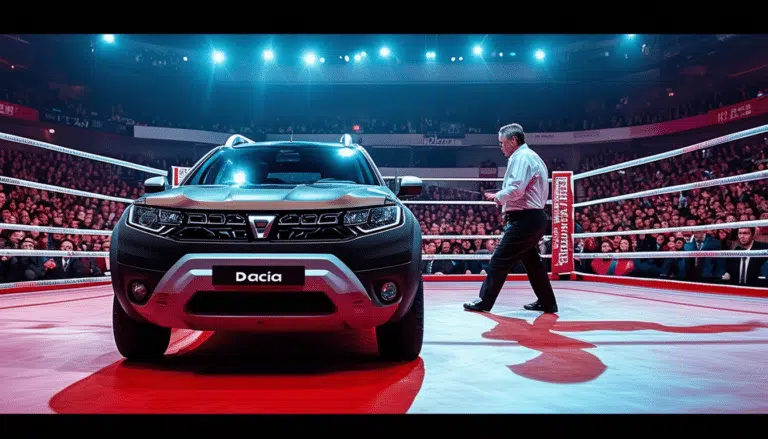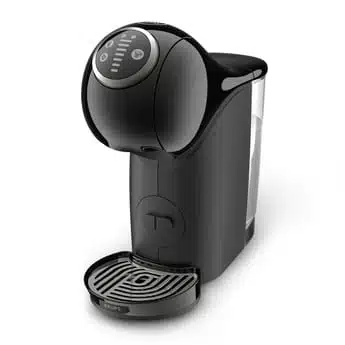Agreement between Horse and Lecar: annual supply of 12,000 motors for the new Brazilian electric vehicle

In a strategic move, Horse, the engine subsidiary of the Renault group, has signed an agreement with the Brazilian brand Lecar. This agreement includes the annual supply of 12,000 engines for Lecar’s new electric vehicle, the Model 459. This electric sedan, promising up to 400 km of range, represents a significant step for the automotive industry in Brazil and underscores the mutual commitment to innovation and sustainability.
Horse, the engine manufacturer belonging to the Renault group, has signed an agreement with the Brazilian brand Lecar for the annual supply of 12,000 engines, which will be used in the new electric vehicle Model 459. This car promises a range of 400 km and will be launched at a competitive price. The collaboration also includes the strategic involvement of other companies such as Marcopolo and WEG.
Details of the agreement
In a significant advance for electric mobility in Latin America, Horse and Lecar have signed an agreement for the supply of 12,000 engines per year. This alliance will enable Lecar to equip its first electric model, the Model 459, with highly efficient and high-performance engines. The agreement also includes investment in new sustainable technologies and improvements in production chains.
The Model 459: An innovative electric car
The Model 459 from Lecar is presented as an electric sedan with an impressive range of 400 km. Its starting price will be 52,000 euros, positioning it as a competitive option against other manufacturers. Furthermore, the car features advanced technology and characteristics designed to provide a superior driving experience.
Drivers of the collaboration
The partnership between Horse and Lecar is not only focused on the supply of engines, but also on the collaboration with other prominent companies. For example, the involvement of Marcopolo and WEG, recognized companies in the automotive and technology sectors, will contribute to the development of innovative and sustainable solutions. This includes the creation of a ‘Range Extender’ powertrain that will combine electric propulsion with a combustion engine, thus optimizing the vehicle’s energy efficiency.
Future investments and developments
Horse has made a significant investment of 32.8 million euros in a new production line for these engines, following a prior investment of 16 million euros in November 2023. This capital will be primarily allocated to the manufacturing of the HR10 engine, key to the performance of the Model 459. This is a clear indication of Horse’s commitment to innovation and continuous improvement.
Impact on the automotive market
This agreement has great potential to transform the automotive market in Brazil and beyond. The collaboration will allow for the introduction of more accessible and efficient electric vehicles, aligning with the growing global demand for sustainable mobility solutions. Meanwhile, other countries are closely monitoring these developments, as China, for example, offers incentives to German car manufacturers to avoid taxes on electric vehicles (more information).
Economic outlook
With the signing of this agreement, a positive economic impact is expected in the automotive sector. In 2023, the sector closed with a positive balance of 18.843 billion euros (details here). Such strategic collaborations will undoubtedly continue to solidify this trend.
In a move that promises to revolutionize the transport sector in Brazil, Horse and Lecar have signed a historic agreement for the annual supply of 12,000 electric engines. This collaboration is a significant step towards expanding electric vehicles in the Brazilian market, aligning with global trends in sustainability and energy efficiency.
Horse, known for its innovative capacity in engine manufacturing, will bring its expertise and advanced technology to power Lecar’s new models. This agreement reinforces Horse’s reputation as a leader in the electric motor industry and underscores its commitment to investing in green technology. The substantial investment of 32.8 million euros in a new production line illustrates this commitment and ensures high-quality and high-volume production in the long term.
On its part, Lecar, the emerging Brazilian brand in the electric vehicle sector, will benefit greatly from this alliance. The Model 459, Lecar’s first electric sedan, promises a range of 400 km, making electric vehicles a viable and attractive option for consumers in Brazil. With a price of 52,000 euros, this vehicle positions itself as a competitive offer in the market, highlighting the effective collaboration between the companies.
Moreover, this agreement not only focuses on the supply of engines but also on the joint development of future technologies. Both companies are committed to exploring new capabilities and improvements, such as the ‘Range Extender’ powertrain, which could offer innovative hybrid solutions in the future. This collaborative approach will enable both brands to stay at the forefront of innovation in electric mobility.
In summary, the agreement between Horse and Lecar not only catalyzes a significant change in the electric vehicle landscape in Brazil, but also sets a precedent for future collaborations in the sector. This strategic alliance is a testament to how international cooperation can contribute to technological advances and global sustainability.




